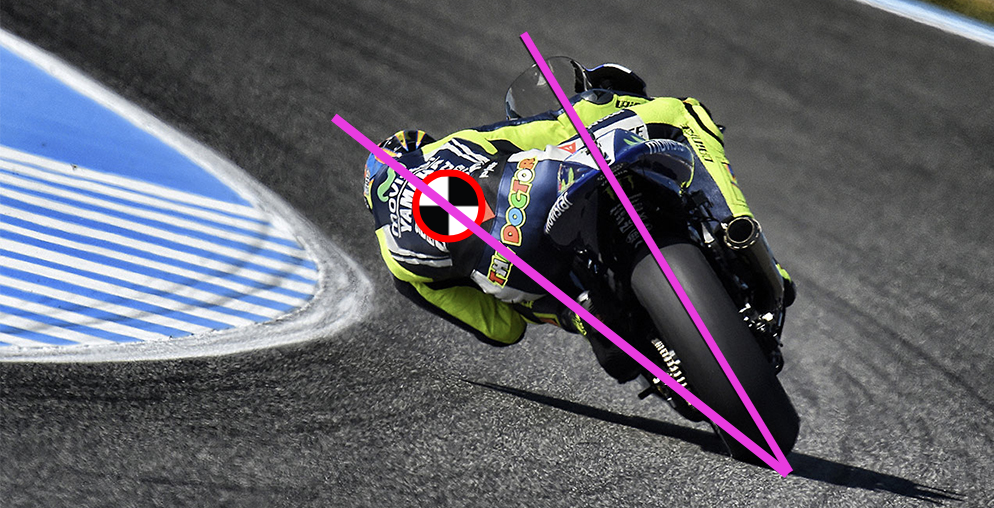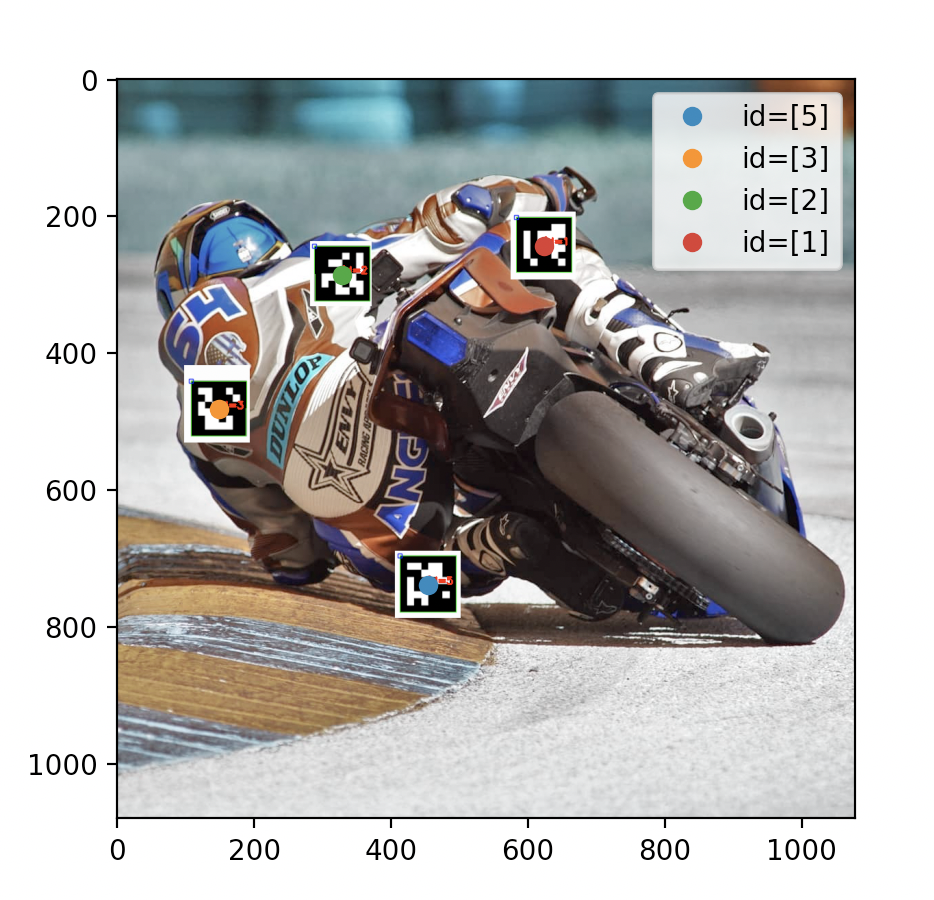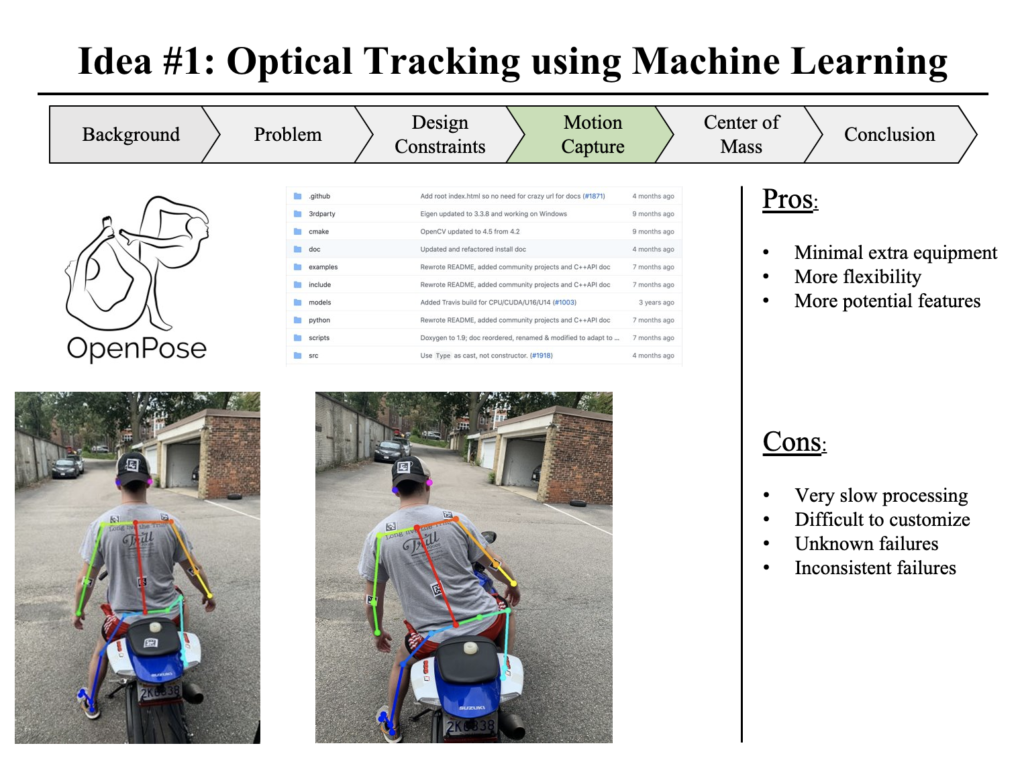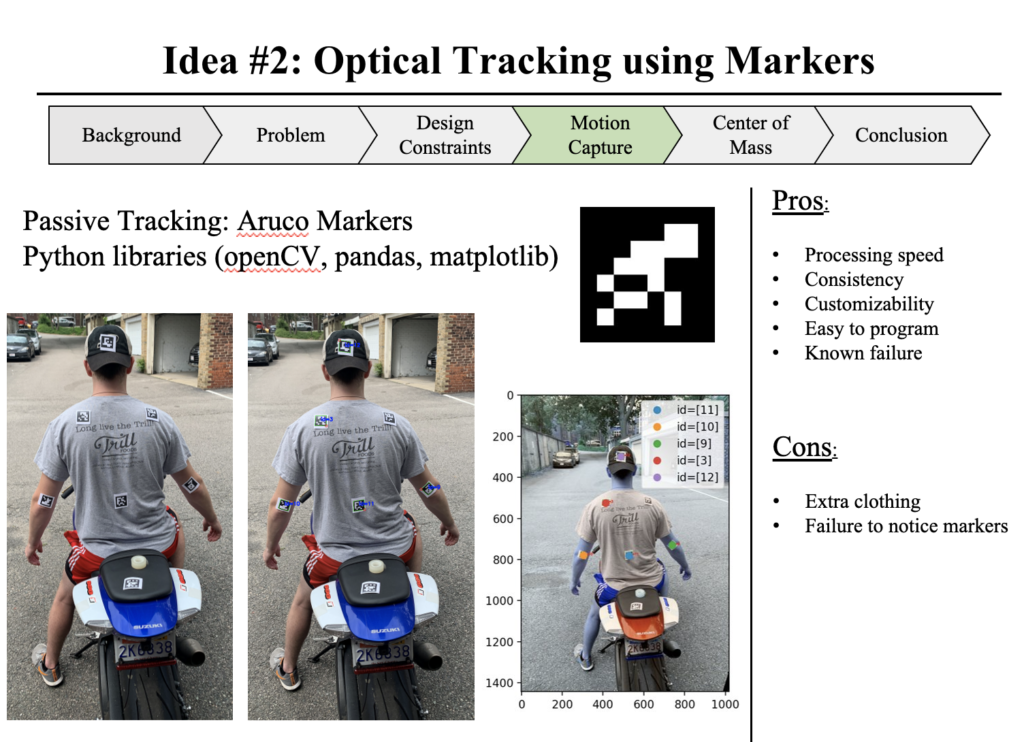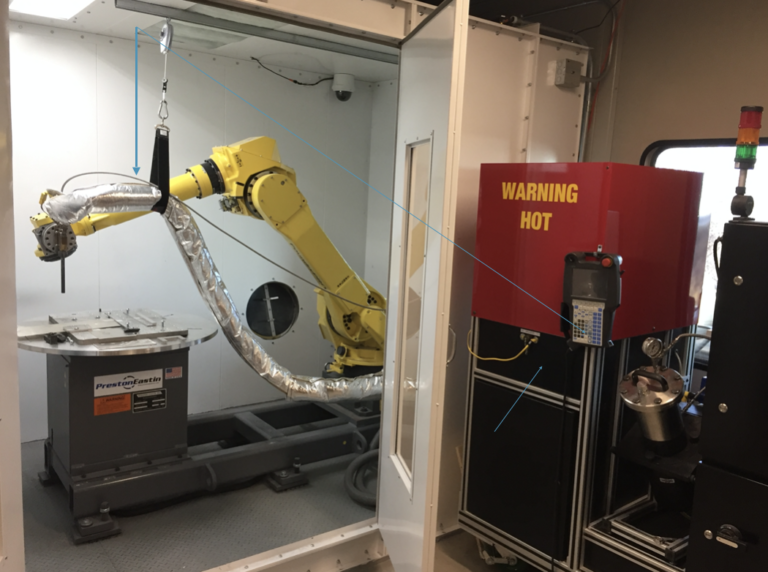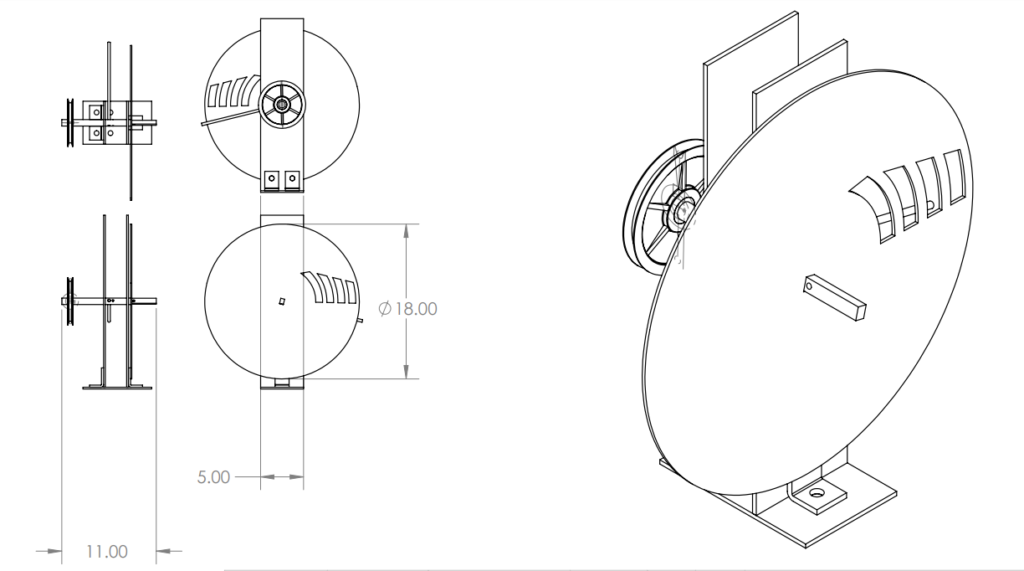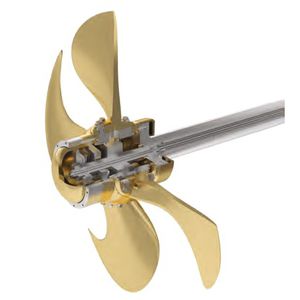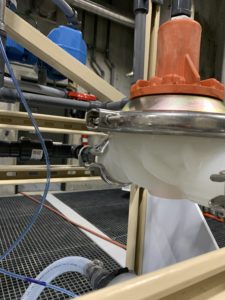The main argument in Aristotle’s Nicomachean Ethics is that the best life is one filled with studying. In book one, Aristotle gives a convincing argument for why happiness is the best good and begins working toward what activity best achieves happiness. In book ten, studying is determined to be the best activity. Aristotle presents a different argument in book ten for what entails the best life, specifically on his definition of self-sufficiency. This argument is less convincing and makes the conclusion about studying questionable. In this paper I will cross examine the two arguments and attempt to apply the argument in book one to the claim that complete happiness is studying (Aristotle 1177a).
Happiness is the best good in life because if we have happiness there is nothing else we would need or want to live the best life. Happiness is the best good because it is the most complete and self-sufficient. The component of this argument I will focus on is how aristotle defines self-sufficient. This definition is given as, “we regard something as self-sufficient when all by itself it makes a life choiceworthy and lacking nothing” (Aristotle 1097b). The keywords in this quote are “lacking nothing”. This is explained further by saying that there is nothing we can add to happiness that would make it more choiceworthy (Aristotle 1097b). The implications of this are significant because the meaning changes over the course of the book.
An instrumental good is a necessary prerequisite for happiness. For example, friendship might be an instrumental good for happiness if you need friendships to be happy in the first place. Aristotle is saying that if you have enough friends, or enough of any other instrumental good to be happy, more would not make a difference in your quality of life. This also implies a binary interpretation of happiness, where having it is the end all be all.
This is easy to agree with because most everything we do seems to be in the pursuit of happiness. It also makes sense that the best good would complete and self-sufficient. If we ever choose one thing for the sake of a second thing else, the second thing is better. There is nothing that we choose happiness for the sake of but there are many things that we choose for the sake of happiness.
Aristotle transitions at this point to finding the best activity to achieve happiness. This is to exercise the best virtue and the best virtue is one that best exercises the human function of rational thought. The discussion while selecting the best virtue is important because the question of instrumental goods arises again. Wisdom is the fullest expression of our ability for rational thought, which makes it the best virtue. Aristotle defines wisdom like this, “Wisdom is the scientific knowledge and understanding about the things that are by nature most honorable” (Aristotle 1141b).
The next transition is to argue that studying exercises the best virtue and therefore happiness is the activity of study. The quote is: “Complete happiness will be its activity in accord with its proper virtue, and we have said that this activity is the activity of study” (Aristotle 1177a). To restate the arguments that led us here: Happiness is the best good, exercising the human function is how we achieve happiness, acquiring wisdom best exercises the function, studying is the best way to acquire wisdom. If we believe complete happiness is the activity of study, we must also believe studying meets the same self-sufficiency requirements as happiness.
The problem with Aristotle’s argument is that a new interpretation of “self-sufficient” is described in book ten. Studying is said to be the most self-sufficient rather than fully self-sufficient (Aristotle 1177a). There is another difference from the claim about happiness “lacking nothing”. Aristotle Writes “The wise person is able… to study even by himself; and though he presumably does it better with colleagues, even so he is more self-sufficient than any other virtuous person” (Aristotle 1177a). The implication here is that the wise person can study by himself but if he adds colleagues studying is more choiceworthy. This disagrees with the initial statement that nothing can be added to happiness to make it more choiceworthy. Book ten sticks with this less strict self-sufficiency requirement for study when it is later claimed that even happiness needs external prosperity. We need health, food, and other services. Aristotle claims that no one can be happy without external goods (1179a). The argument for happiness in book ten is less precise and therefore less profound. Self-sufficient in book ten means desirable on its own and requiring the least external goods and studying fits this definition. These are bad reasons to believe that studying truly is the best activity. It sounds like studying is merely the easiest activity. The rest of this paper will scrutinize wisdom and studying through the prism of the argument in book one.
This scrutinization will check to see if any step fails to meet the initial requirements that made happiness the best good. If a step fails, for example if there is something apart from wisdom that we need to achieve happiness, then happiness cannot be the activity of studying.
In this section I will consider whether or not wisdom is self-sufficient in the same sense happiness was in book one. If we have wisdom, are we lacking nothing for our pursuit of happiness? In the beginning of book six Aristotle states that virtue is an intermediate condition or a mean. He says “Virtue, then… consisting in a mean… defined by reference to reason.. by reference to which the prudent person would define it”. In this quote it seems that prudence is a virtue instrumental in acquiring other virtues, namely wisdom. This does not say that prudence could make wisdom any more choiceworthy. It says if wisdom is not consisting in a mean defined by the prudent person then it is not a virtue at all. This follows with the book one definition for self-sufficient. If someone has the virtue of wisdom they must also have prudence. Aristotle makes the analogy to health and medical science, where wisdom is health and prudence is medical science. Medical science does not use health but only aims to bring it into being. It also follows that wisdom is the superior virtue because prudence can be for the sake of wisdom.
There is a close relationship between prudence and wisdom. Wisdom is not concerned with anything concrete while prudence is. Prudence is the science what is just, fine, and good for a human being but only the science. Prudence does nothing to make us act on this science (Aristotle 1143b). Prudence tells us how to achieve the right goals and character virtue gives us the motivation to go about achieving them. This means that virtues of character and prudence are instrumental in each other and therefore both instrumental in wisdom.
It is still unclear whether or not wisdom is truly lacking nothing. Although Aristotle gives a convincing argument that it is the best virtue but there could be other virtues or goods necessary to achieving happiness. In book two aristotle claims there are two sorts of virtue, virtue of thought and virtue of character. Although it is not explicitly stated, virtue of character seems to be instrumental to happiness. I am inferring this from the following statements from chapter thirteen of book one. Aristotle claims that happiness is an activity of the soul in accordance with complete virtue and then he separates the soul into a rational and non rational parts (Aristotle 1102a). Virtues of thought are in accordance with the rational soul and virtues of character are in accordance with the non rational soul. Wisdom is also stated to be a virtue of thought, and therefore in accordance with the rational soul (Aristotle 1103a).
Given this distinction it is reckless to assume that wisdom is self-sufficient to the point that the non-rational part of the soul can be ignored. It should be asked whether or not virtues of character are instrumental to wisdom. Given what Aristotle has said about prudence, virtues of character are instrumental to wisdom.
Another way to test this is to imagine a life full of the best wisdom and see if it’s possible for this to be a bad life. A life full of happiness could never be a bad life according to aristotle. A life full of wisdom would consist of scientific knowledge and understanding about honorable things. If we have wisdom, we must also have prudence, and all the other virtues instrumental to wisdom. Having virtues of thought means we would use proper reasoning to decide the best action. Having virtues of character mean that we will act on this decision correctly (Aristotle 1139a). It is impossible that someone with wisdom have a bad life according to aristotle because they would always complete the best action.
Now that wisdom is confirmed as self-sufficient for happiness is is safe to make the next step. In book ten the claim is that happiness is studying because it is the activity in accord with wisdom. Instead if this claim I will scrutinize the following claim: “happiness is studying because it is the activity that best exercises wisdom” using the self-sufficiency standard set in book one. Studying and its instrumental goods must be enough on their own to acquire wisdom and therefore happiness.
The argument in book ten is about how few external goods studying requires. Outside of food, health and other basic needs, nothing is said to be instrumental in studying. Studying is said to be the activity in accord with understanding. Aristotle says in this book that understanding is the best virtue (Aristotle 1177a) even though he clearly states that wisdom is the best virtue previously. There is no explanation for this shift so I will treat it as though they are synonyms even though Aristotle distinguishes between them in book six.
Aristotle says in book ten that studying is leisurely, desirable because of itself alone, in accordance with understanding, continuous (unlike actions), and needs very little external goods. These descriptors imply a sort of stationary study with only pens, paper, books, and thoughts. Active studying such as sport and geographical exploration are not continuous. Scientific experiments often require many external goods. The descriptors Aristotle uses make it difficult to picture a life of exclusively studying where wisdom is achieved. It feels harsh to hold studying to the descriptors but there is nothing else to go off of. Any activity where understanding is gained could be considered studying including eating, fighting, chopping wood, farming… etc. Studying must be narrowed down somehow otherwise the conclusion would be that the best activity could be any activity which is not productive. My interpretation is the traditional type of studying at a desk reading, thinking, and taking notes.
Even with the best studying, much more will be needed to acquire wisdom. A key component of wisdom comes from experience. The example I will use is parenting. How to raise good children is certainly scientific knowledge of the most honorable type. It is impossible to know and understand parenting without actually raising a child. Raising a child is not leisurely, requires many external goods, is not continuous, and is enjoyable for the sake of the child’s success. This does fit within Aristotle’s image of studying.
It is also easy to picture a life full of the best studying that is a bad life. Imagine a selfish scientist discovering the cure to cancer while studying. After discovering it they simply set it aside and continue studying, telling no one. If studying is truly self-sufficient the scientist is still living the best life. There is nothing instrumental to studying that would make the scientist share her discoveries. This scientist is clearly lacking prudence, character virtue, and wisdom. I hope it is clear that studying is not self-sufficient for happiness.
Aristotle concedes that other virtues are required with the life of studying. He writes “insofar as he is a human being… he chooses to do the action in accordance with virtue. Hence he will need the sort of external goods [that are needed for the virtues], for living a human life” (Aristotle 1178b). Aristotle changed the self-sufficiency requirement because he has to.
What is discovered about wisdom in Nicomachean Ethics is profound but the roadmap to achieving it is underdeveloped. The claim that “happiness is the activity of study” is not proven in this book because happiness is not attainable by studying alone. The extent of the argument in this book is that happiness is the state of having and exercising wisdom through any activity.
